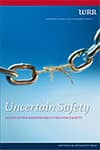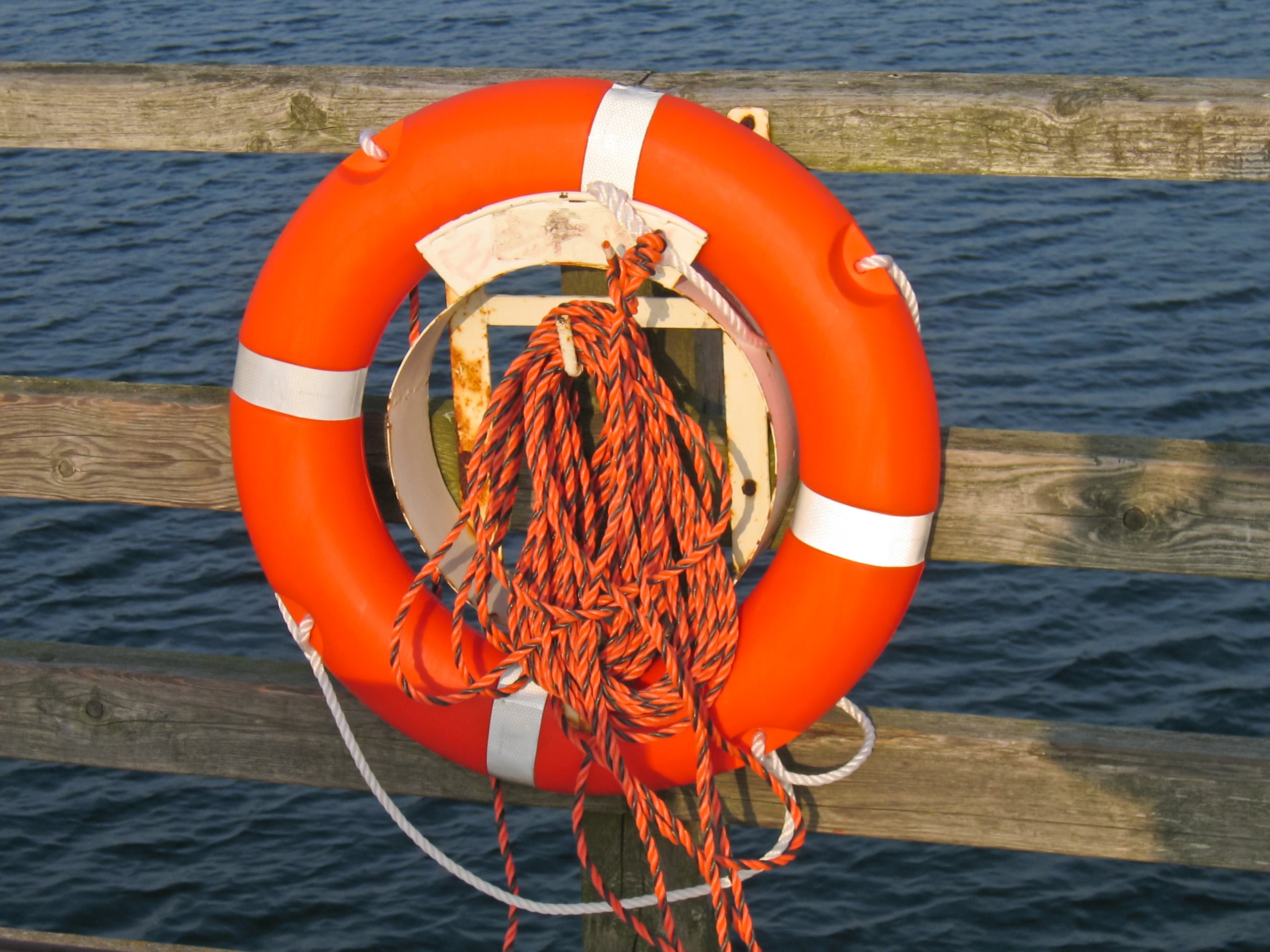The Netherlands has become a relatively safe country in recent decades. But is the way we deal with risks and the distribution of responsibility fit for purpose in the future?
Public authorities, non-governmental organisations, the business community and experts regularly express concerns about our safety. They are often thinking of crime and terrorist threats. But our physical safety also warrants attention. The present, relatively high level of safety is the outcome of many people’s efforts.
Future safety issues
At the request of the Dutch government, the WRR studied what is changing in the distribution of responsibilities between government, business, civil society and individual citizens. The central focus of the study is on future safety issues and their potential impact on society and policy. The Council also investigates how government and society deal with safety.
Report
The Council published its findings in the report Onzekere veiligheid (‘Uncertain safety’), which was presented to the Minister of the Interior and Kingdom Relations on 1 October 2008.

Image: © WRR
Uncertain Safety (WRR-report no. 82)
In view of the vulnerability of humans, society and the natural environment, a proactive approach to uncertainties is required. A precautionary approach will create new responsibilities for the government, the private sector and consumers, as well as new activities. In its report, the WRR recommends inserting the new precautionary principle in the Constitution.
